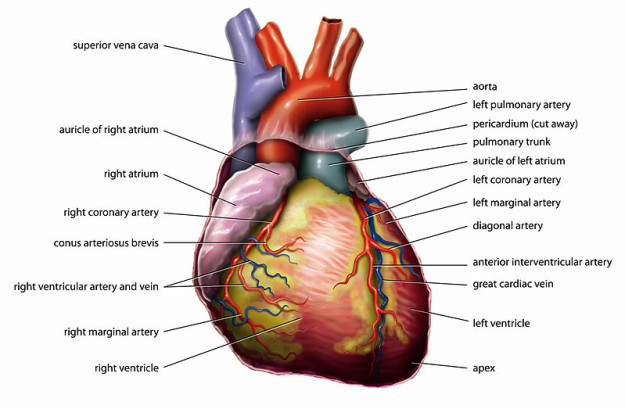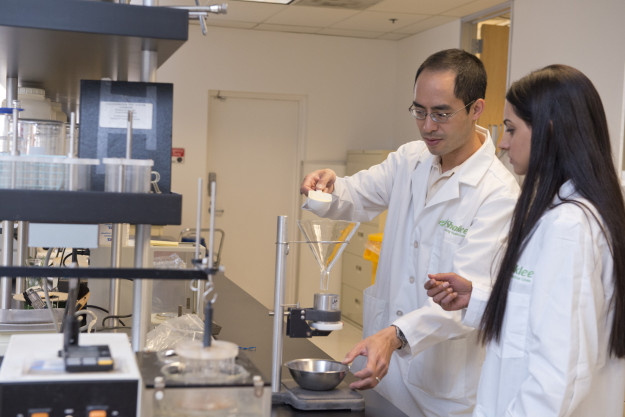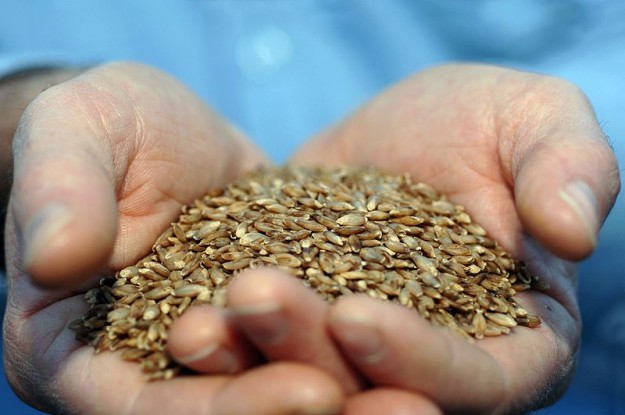Weight Loss and Cardiovascular Risk Factors
Why was this study done? Multiple studies have shown that reducing weight has beneficial effects on cardiovascular risk factors. This study was designed to discover the effects of a diet and exercise routine on cardiovascular disease risk factors in moderately obese postmenopausal women. What did the study find? After 24 weeks of following a diet…










